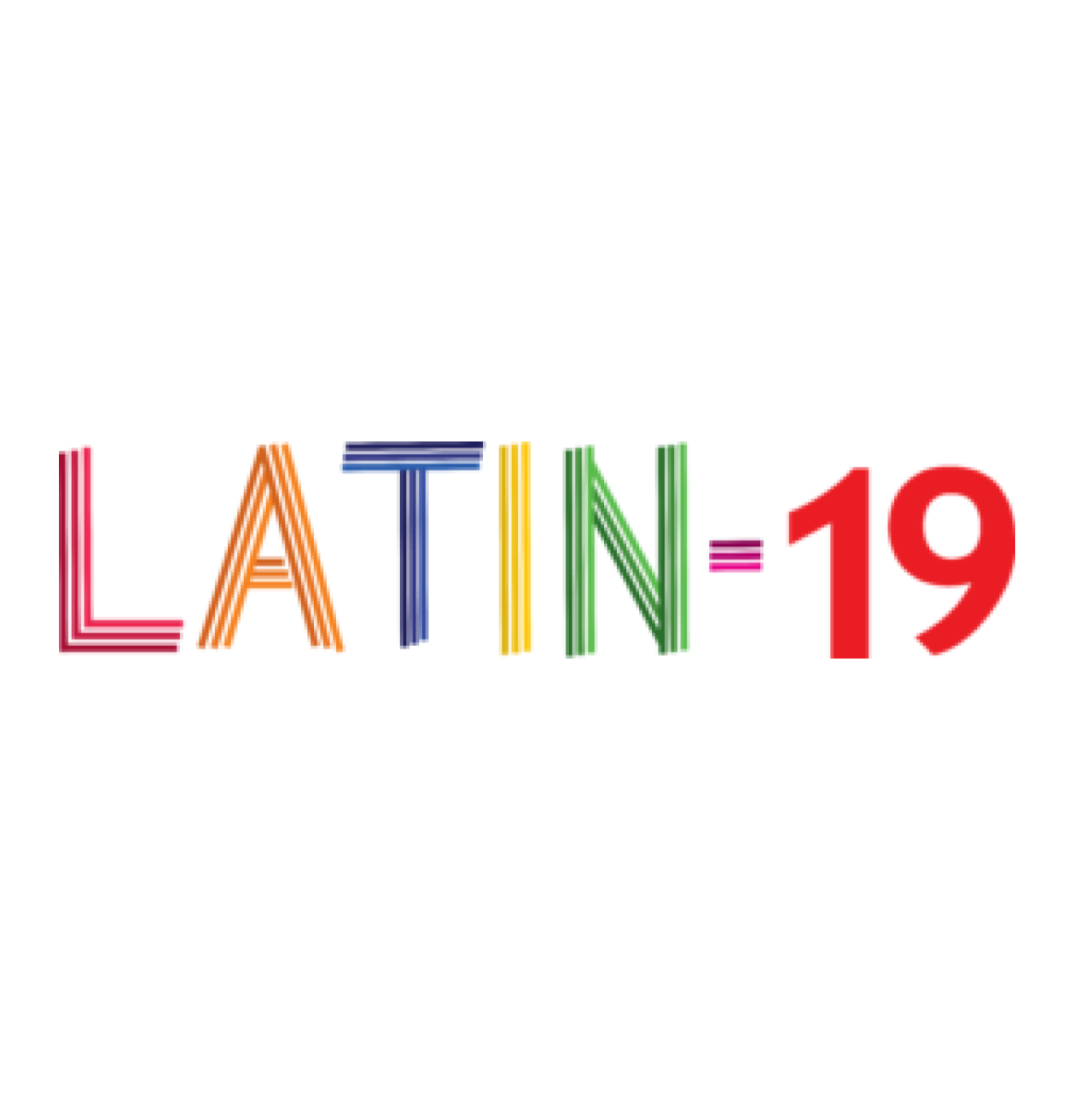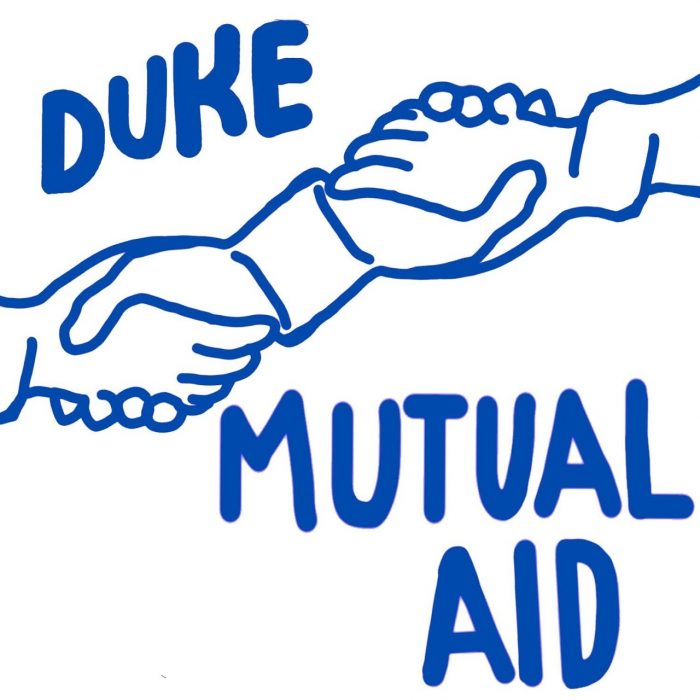About
Aneri Tanna
In post-modern approaches to anthropology, there is a large focus placed on taking a critical eye towards the workings of power. The emphasis on looking at power not only within the community observed but also between the ethnographer and the observed is one that I believe is essential to ethical ethnographic fieldwork.
Being a Duke undergraduate myself indicates a position of privilege in Durham. Through this portion of the ethnography, I wanted to examine Duke’s role in Durham during COVID given the disparities in socio-economic status and resources between the Duke community and the Durham community.
Native American, Black and African American, and Hispanic individuals have all faced a higher rate of COVID-19 cases, hospitalizations, and deaths across the United States. These minority populations have borne a disproportionate burden of the pandemic due to social determinants of health (SDH). SDH are defined as conditions of the environments in which people are born, live, learn, work, play, worship, and age that affect a wide range of health, functioning, and quality-of-life outcomes and risks.
The first section of this ethnography looks at the actions that Duke as a privileged university has taken to address health inequities during the time of COVID. The second section examines a few of the initiatives that members of the Duke community including students, faculty, and staff have founded and supported to address such health inequities.
This page also serves as a resource page with links to the US University Report Card by UAEM, Duke and Durham vaccination and testing site information, relief fund information, and support organizations and their initiatives.






